14 Sneaky Reasons You're Tired All the Time
And how concerned you should be.
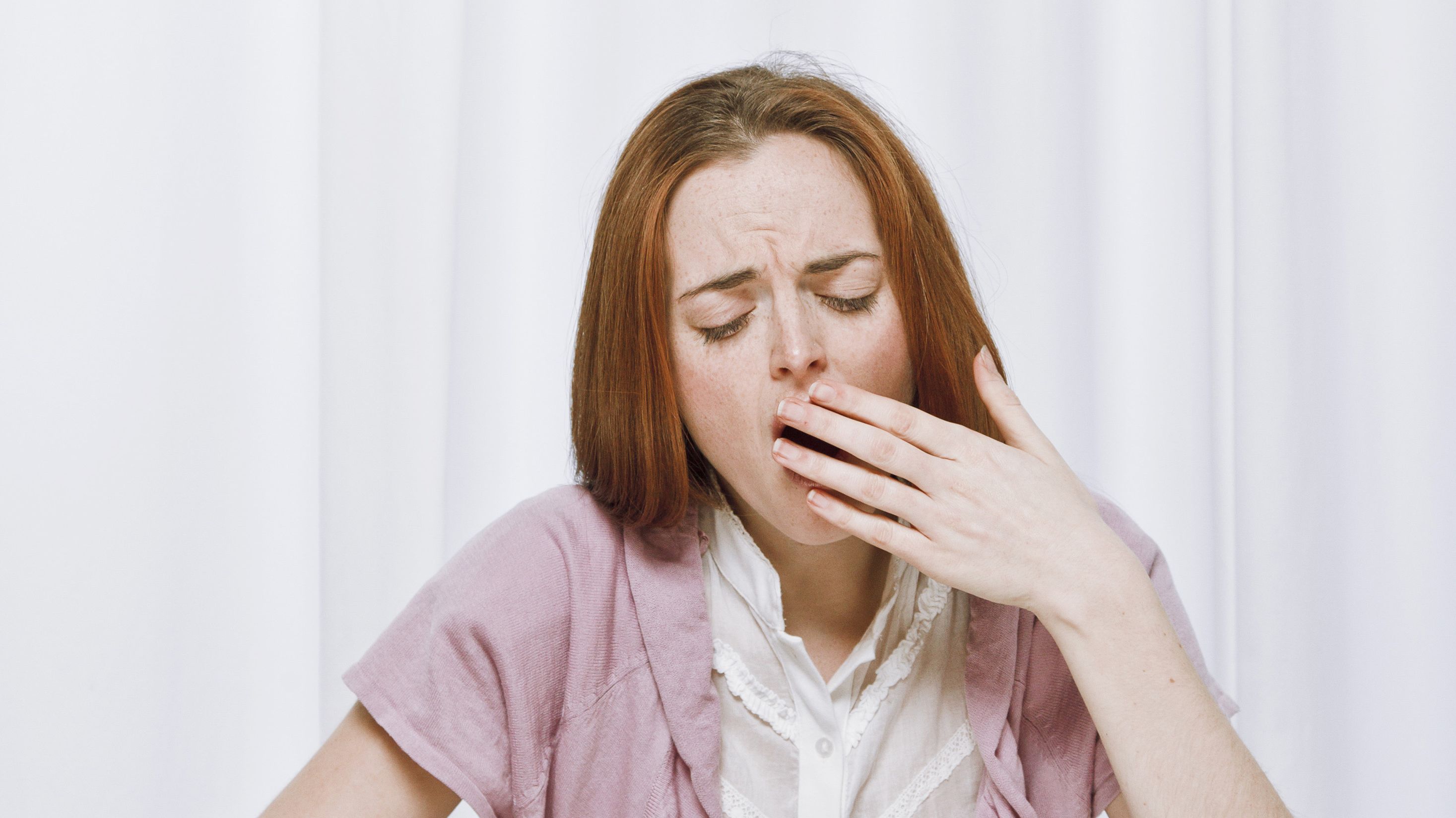

For the busy working woman, sleep is a precious commodity that's more often a luxury than an expectation. Not only do women need more sleep, but they're also more likely to give up sleep and leisure time to balance out their hectic lives. If you're nodding your head in agreement to all this, you're likely no stranger to the awful, achy, feeling of fatigue. But if sleeplessness becomes more of a consistent problem, there could be something else at play.
RELATED STORIES
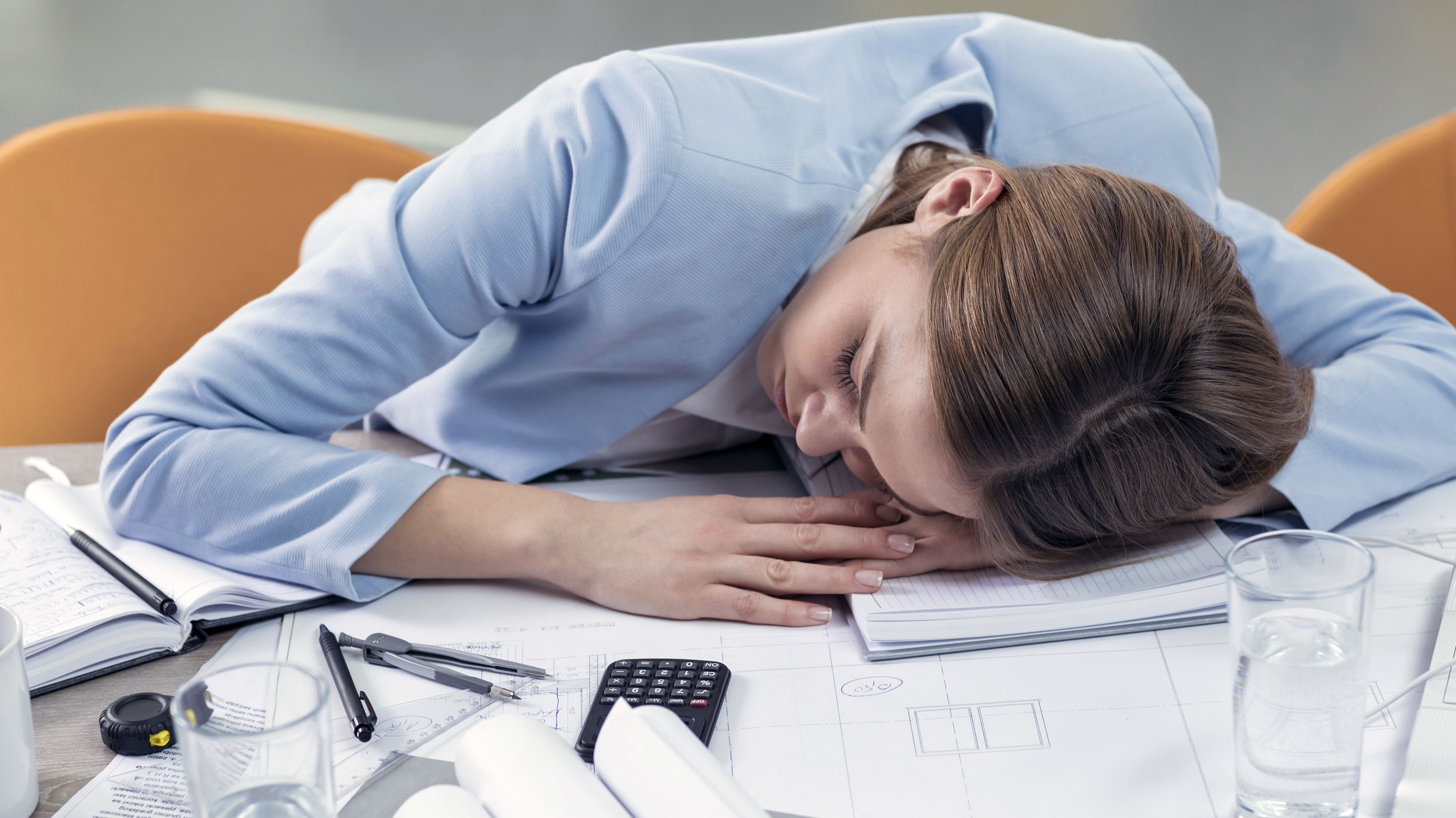
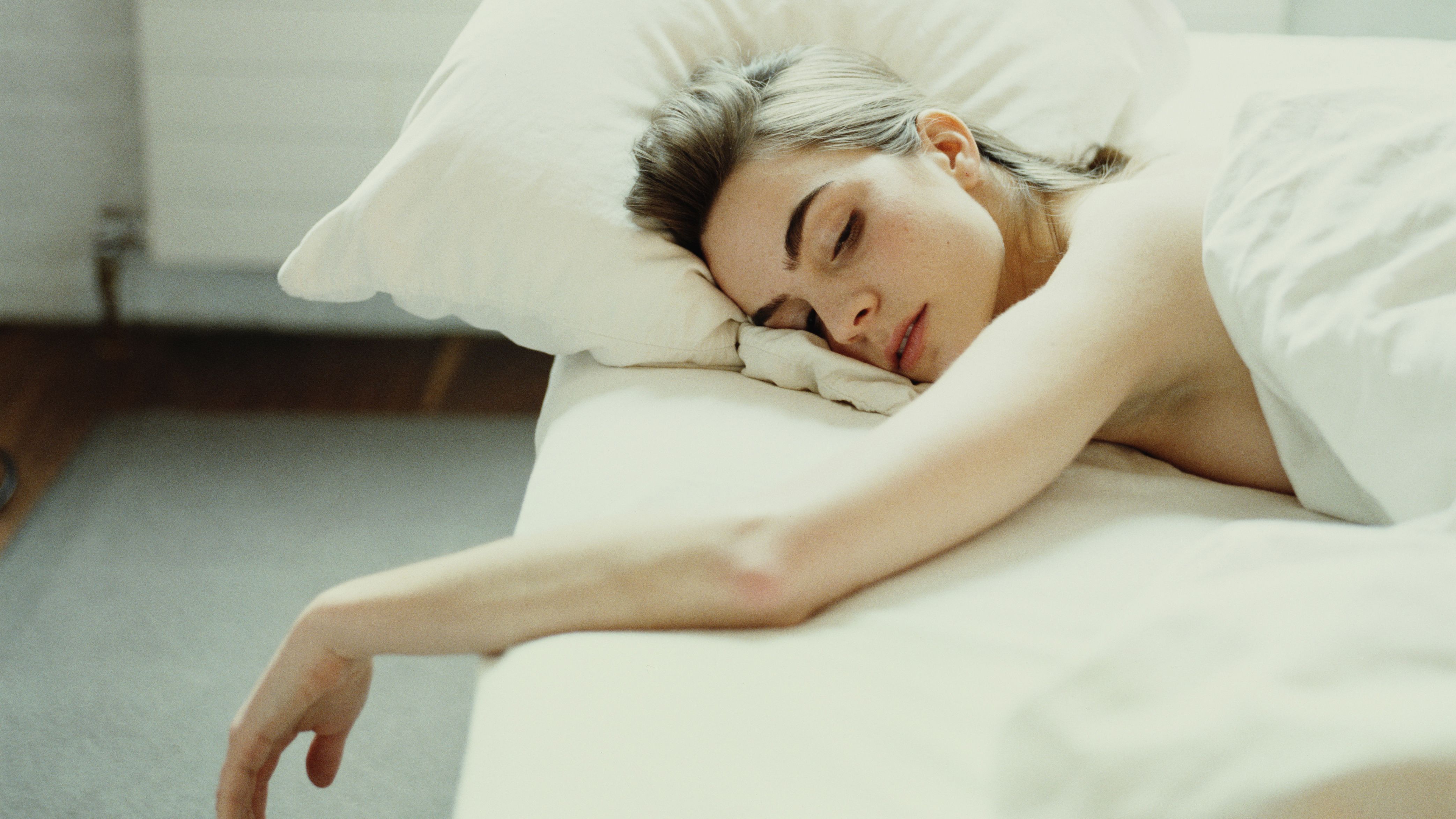
Joseph Ojile, MD, Medical Director of the Clayton Sleep Institute, says the most common reason people complain of feeling chronically tired is (surprise, surprise) what's known as "insufficient sleep disorder," which is a fancy term for when you're not getting enough sleep. Between circadian misalignment—where you're sleeping and rising at different times during the week—and bad sleep hygiene (hello, smart phones!), most people with sleep troubles could probably make a few simple tweaks to reset their sleep schedule.
For these people, their lifestyle is to likely to blame for their sleep problems, so Ojile suggests keeping a sleep journal that "helps you become aware of what you’re doing behaviorally" and adjust accordingly. In it, you could register what time you go to bed and wake up, how much time you spend asleep, whether your sleep is effective (AKA whether they're waking up at night or not), and how you prepare for bed (how much blue light in the room, when your last meal was, etc.).
Other times, the reasons for sleep loss are a little trickier to treat. Harvard-trained doctor and Buoy co-founder Andrew Le, MD, says causes for fatigue and sleeplessness can range in severity, some that might require treatment and others that should be seen to immediately (see below). Here, he provides a short list of the many reasons why you might be experiencing chronic fatigue.
Mildly Severe, i.e. Medical Care May Be Helpful
Pre-menstrual syndrome
A lot of women suffer from insomnia right before their monthly period, says, Le, which can be caused by a drop in melatonin during the menstrual phase.
Idiopathic insomnia
Stay In The Know
Get exclusive access to fashion and beauty trends, hot-off-the-press celebrity news, and more.
This is when you’re always tired and always sleepy, but there are no visible signs of its cause.
Insomnia disorder
"There are about 40 million Americans that suffer from insomnia every year," Le says, and many reasons for it: Chronic pain, acid reflux, anxiety, or depression, shift work, sleeping after eating or eating too close to bedtime, smoking, alcohol or caffeine, etc. Insomnia disorder characterizes the length of time these are going on.
Somewhat Severe, i.e. You May Need to See a Doctor for a Prescription/ Therapy
Hypothyroidism
This is where you have too little of a hormone created by the thyroid which regulates a number of different functions. One of its symptoms is that you feel tired all the time, so you may be sluggish during the day.
Mild anemia
Anemia is when you have fewer blood cells than normal. This is very, very common amongst women because of their monthly periods. Having mild anemia can be a cause of fatigue.
Mild to moderate depression
There are other emotional symptoms of depression besides sleepiness but successive waking up during the night is common.
Pre-menstrual dysphoric disorder
This is a more severe form of pre-menstrual syndrome that lasts for an extended period of time.
Chronic fatigue syndrome
It's a more severe form of idiopathic insomnia, where people are tired for long periods of time without any identifiable cause.
RELATED STORIES

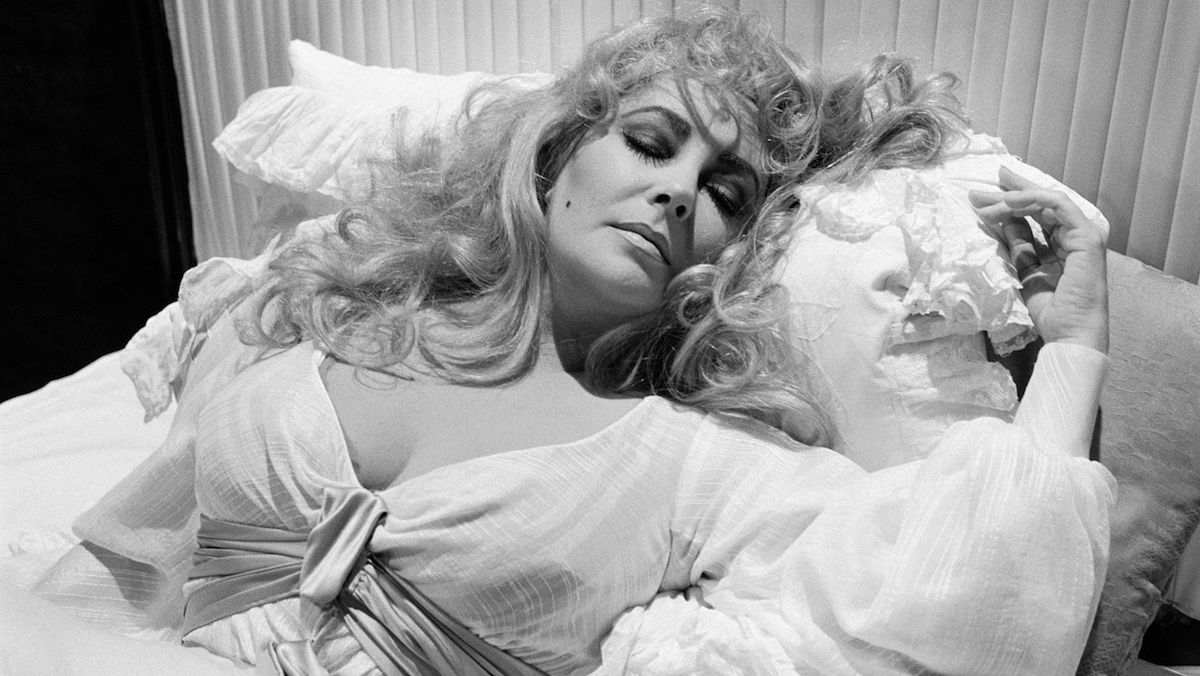
Moderately Severe, i.e. Treatment Is Necessary, But Severe Consequences are Unlikely
Narcolepsy
A neurological disorder that affects sleep/wake patterns where you can't control falling asleep during the day.
Restless leg syndrome
A restless urge to move your legs, especially in the nighttime, that prevents you from falling asleep.
Periodic movement disorder
Cramping or jerking of the legs during sleep.
Extremely Severe, i.e. Seek Out Medical Care Immediately
Severe anemia
This is a more serious form of anemia where your symptoms are really severe to the point where you have shortness of breath, dizziness, fainting, headaches, chest pains, etc. "You might see this after an accident or if you have really heavy blood loss," says Le.
Severe depression
When thoughts of suicide and hurting yourself become more and more common, in addition to being tired, Le suggests seeking help immediately.
Obstructed sleep apnea
This is one sleep disorder that is super common, can range in severity, and is hard to treat. It describes the blocking of the airway when someone is asleep, which makes them wake up ever so slightly to the point but not remember it the next day.

-
 Jennifer Lopez Trades a Pink Catsuit for a Sparkly Jumpsuit
Jennifer Lopez Trades a Pink Catsuit for a Sparkly JumpsuitThe superstar wore two totally different outfits at the Saudi Arabian Grand Prix.
By Amy Mackelden
-
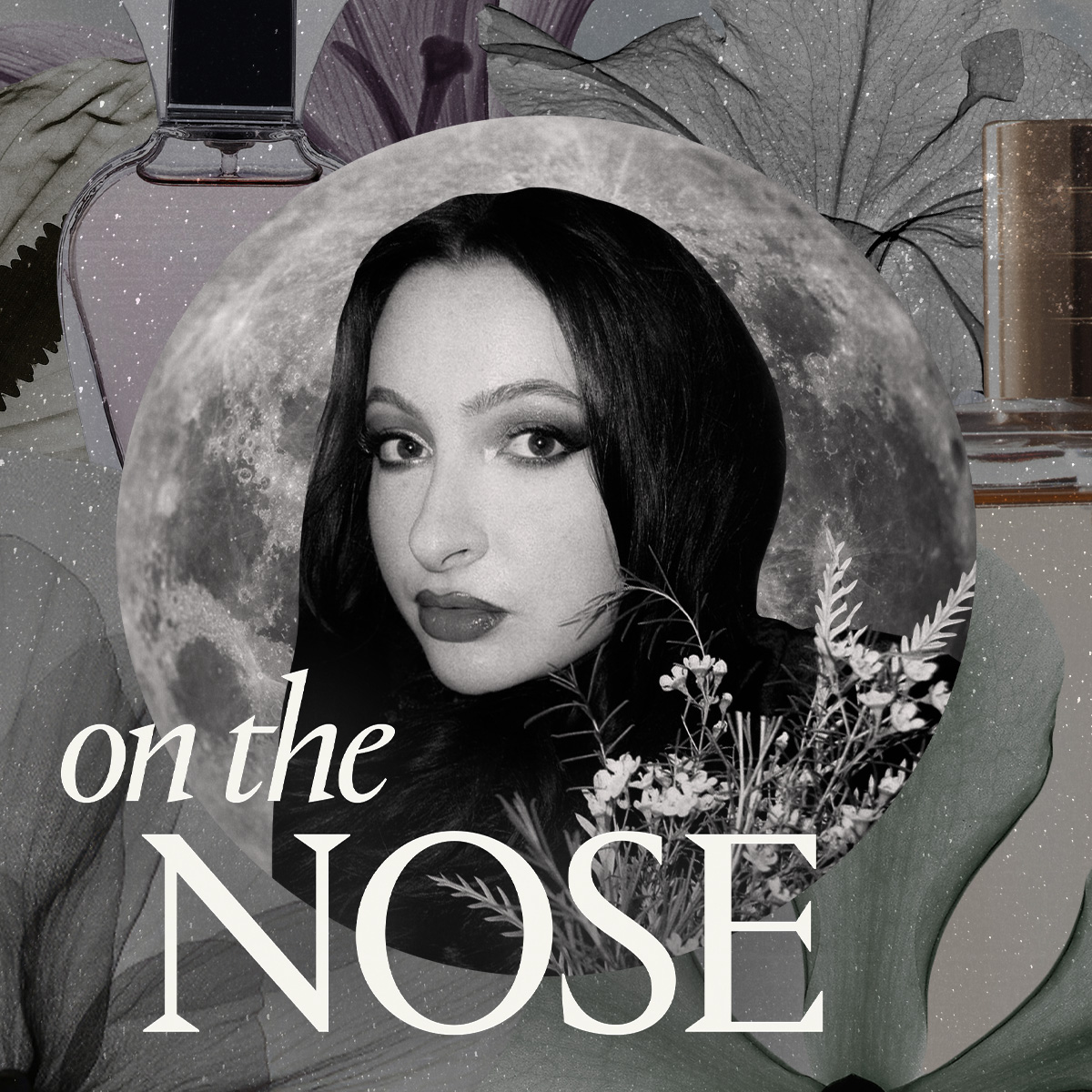 PSA: Your Fragrance Horoscope for Taurus Season Did Not Come to Play
PSA: Your Fragrance Horoscope for Taurus Season Did Not Come to PlayWhether you're cocooning or blooming, your scent is written in the stars.
By Aliza Kelly
-
 The Royal Family Easter Rule Kate Middleton Broke in 2018
The Royal Family Easter Rule Kate Middleton Broke in 2018The Princess of Wales was pregnant with her third child—Prince Louis—at the time.
By Amy Mackelden
-
 Senator Klobuchar: "Early Detection Saves Lives. It Saved Mine"
Senator Klobuchar: "Early Detection Saves Lives. It Saved Mine"Senator and breast cancer survivor Amy Klobuchar is encouraging women not to put off preventative care any longer.
By Senator Amy Klobuchar
-
 I'm an Egg Donor. Why Was It So Difficult for Me to Tell People That?
I'm an Egg Donor. Why Was It So Difficult for Me to Tell People That?Much like abortion, surrogacy, and IVF, becoming an egg donor was a reproductive choice that felt unfit for society’s standards of womanhood.
By Lauryn Chamberlain
-
 The 20 Best Probiotics to Keep Your Gut in Check
The 20 Best Probiotics to Keep Your Gut in CheckGut health = wealth.
By Julia Marzovilla
-
 Simone Biles Is Out of the Team Final at the Tokyo Olympics
Simone Biles Is Out of the Team Final at the Tokyo OlympicsShe withdrew from the event due to a medical issue, according to USA Gymnastics.
By Rachel Epstein
-
 The Truth About Thigh Gaps
The Truth About Thigh GapsWe're going to need you to stop right there.
By Kenny Thapoung
-
 The High Price of Living With Chronic Pain
The High Price of Living With Chronic PainThree women open up about how their conditions impact their bodies—and their wallets.
By Alice Oglethorpe
-
 I Used to Imagine Murdering the Men I Dated
I Used to Imagine Murdering the Men I DatedFalling in love helped me finally figure out why.
By Jessica Amento
-
 60 Workout Apps for Women Who Want Results (Without a Gym Membership)
60 Workout Apps for Women Who Want Results (Without a Gym Membership)Buying Guide Easy fitness plans you can follow without fear of judgment.
By Bianca Rodriguez